Blizzard’s upcoming Overwatch League is one of this year’s biggest topics. Everybody who is anybody in esports wants to know more about it. Which cities will be on the map? How much will a spot cost? How will it be monetized?
One would expect Immortals founder Noah Whinston to be on the edge of his seat as well. But the 22-year-old, who has made himself a name as one of the most ambitious team owners in the space, is keeping his nerve. He feels certain his team, one of the top-five Overwatch rosters in North America, will be well-positioned when the time comes.
In fact, Immortals is well provided for. By the end of 2015, Whinston convinced several high-profile investors including Lionsgate president Peter Levin, Memphis Grizzlies co-owner Steve Kaplan, and Machine Shop Ventures, the venture arm of rock band Linkin Park, to invest into his organization.
By now, Immortals fields top-contending rosters in League of Legends, Counter-Strike: Global Offensive, Overwatch, Smash, and Vainglory. It’s safe to assume that the North American esports organization is not going anywhere, anytime soon.
Dot Esports sat down with Whinston to talk about his take on the Overwatch League, how he courts investors, and his approach to building a company culture.
One of the biggest questions marks in esports at date is the upcoming Overwatch League. How do you feel about it?
Recent numbers and estimates are pure speculation. Then the internal rumor mill only spins it further. We’re not panicking about spots and the league’s structure because when things are decided, Blizzard will let us know. We are assuming that the given timeline is still in action. After all, Blizzard has the biggest incentive to make this work. I don’t really understand the frustration. I won’t waste my time with that. Blizzard will let us know when it’s ready. Implementing a good system takes time.
Isn’t it easy to say “let’s all calm down,” when investors are already secured? Other teams struggle to keep their business going because of all the uncertainties surrounding the league.
I’m 100 percent in a privileged position when it comes to investors. But when it comes to courting investors it can’t just be around Overwatch League. The league is just one of many paths we want to go down. For anyone who is really afraid about getting a spot in the Overwatch League, you need to be more holistic about esports. Even if you get a spot, there’s still sponsor acquisitions, roster scouting, there’s so much more than the spot to purchase.
In general, over-reliance on one title can be dangerous. Your team can perform badly, the game itself can decline in popularity, and suddenly you’re tied to it.
What’s your focus, when it comes to the esports titles you compete in?
Right now, League of Legends has the most robust support and infrastructure. On the same note, the way League works, with rosters assembled out of free agents, and with its constant, dramatical changes, support staff is very important. It’s a centralized and relatively stable ecosystem. Most things are constant. I always know how many wins I need to qualify, which rosters I play against, etc.—everything is pretty much known and well-structured.
In stark contrast to, say, CS:GO, which is decentralized. That’s not something inherently bad but it makes some things harder. Crafting cohesive support staff, for example.
What about smaller titles? There was a big push into Vainglory by several teams lately, including Immortals.
Vainglory created a very friendly ecosystem for orgs. I enjoy the game. It’s shockingly good for a mobile game. Super Evil Megacorp’s management is very smart, I like the CEO.
He has done a great job to set up a centralized structure where teams’ expectations are met. They’ve implemented a major and minor league process, which is easy to understand for everyone involved.
Your organization recently announced the addition of Nick Phan as general manager. What was the thought process behind the decision?
Winston: One of esports teams’ biggest missed opportunities is to leverage scale. They have multiple teams under the same banner, which don’t have much in common aside from the logo. We want to built an overarching structure, a culture, where these teams are connected closer to each other. Creating these bonds between different teams is something Nick does as our general manager. That’s also why, we’re building a gaming complex where all our teams can practice under one roof. I believe that creating a company culture is the next step to build sustainable esports businesses.
The complex will be ready in about one or two months. It’s based in LA. Obviously, our League of Legends team needs to be close to Riot’s studios. It wasn’t hard to convince the other players to move to LA, however. The weather is great over here.
You managed to convince a bunch of impressive investors to buy into Immortals. Why did they choose your organization?
Where esports is now, is not where it’s going to be in five years. It will grow and change.
Investors, who choose to put their money on teams and other esports assets, try to best set themselves up for the foreseeable future. They want to be ready, when the broadcasts get bigger and deals like Riot’s multi-million partnership with MLBAM get really started.
The question is: How do we make sure to best position ourselves. How do we set up to capture the fanbase that will get exposed to esports in the next few years?
So, how do you best position yourself?
We’re in a weaker position than C9 or TSM. It’s hard to catch up as a young startup with them years ahead. We need to do things better than industry standard. So what we try to do is to evaluate from different perspectives. One example is the content we want to create. Our commitment not just to create content, but high quality content, and different kinds of content.
But it goes further than that. What type of players do we prefer? What’s the structure we set up? Which partners do we chose? Where is the best place for all of that? All these things have to be answered different from what’s normal, to date. And our investors are on board with that decision.
For esports orgs, today, growth is more the focus than survival. In the past, there were no resources to build a gaming complex like we do, not enough money for coaching staff, the investment just wasn’t there. Now, things have changed and these resources go above and beyond all expectations.
When you speak of a different kind of content you want to create, how does it look like?
There’s a lack of consistent, easy accessible, narrational content. If you never watched a game of League of Legends, for example, it’s hard to understand. That’s where narratives help. And I’m not just talking about the “best team in the world” narrative. Not every team can stand for winning. We need to tell different stories, make sure we make a better job at producing accessible content aimed at our fans.
It’s safe to say that you’re one of the youngest, successful team owners in esports. Does that hinder you sometimes?
I think, I’m the youngest CEO of a LCS team. But esports is a young industry so there’s a lot of opportunity for people who wouldn’t have an impact somewhere else. It cuts both ways. I still have way faster reflexes than Jack [C9 founder and CEO Jack Etienne], for example. (He laughs.) Sometimes there’s a little pushback. It can be a barrier, but it’s not hard to overcome.
What are the next steps for Immortals?
Next thing you’ll see from us, is setting up a lot of infrastructure. The gaming office I was talking about earlier, better coordination of our teams, many things that come down to branding and sharpening brand identity. You will see changes in the way that we built rosters, and the whole culture around it. The only way to better the industry is to go ahead and let the rest catch up.
Can you explain how you want to change the culture of building rosters?
The best example from traditional sports is probably a comparison between NFL’s Patriots and Cowboys. What kind of players do I want to recruit? A bunch of individual superstars, or team players which function as a unit? How do I choose and integrate them? Until now, we’ve shown a mix, a lack of identity that I want to address. It’s a case-by-case approach rather than a strategy, though. I want to set up rules that cater towards our identity as an organization.
And do you have a preference when it comes to superstars versus team players?
Personally, I’m a fan of the New England Patriots because they favor team goals, and team building over individual talent. But it’s hard to do that. We haven’t made a decision, yet.
One way or the other, it’s about winning titles, isn’t it?
Of course, we want to win. Winning is only one way to gain popularity, however. We don’t sacrifice everything to win. Think about players streaming, for example. It distracts from winning but puts a human face to our organization. It’s still an ongoing process but you will surely see more of these thoughts translated into action soon.
What’s ahead for esports in general, this year?
For me, there are a couple of interestings things to have an eye on this year.
Riot’s MLBAM deal will be important. Then, the Overwatch League, of course. An interesting development will be the changing CS:GO landscape. My personal dark horse, however, is Dota 2. The game is an example of an esport, which was always lacking infrastructure. With a better structure, Dota 2 has real potential.


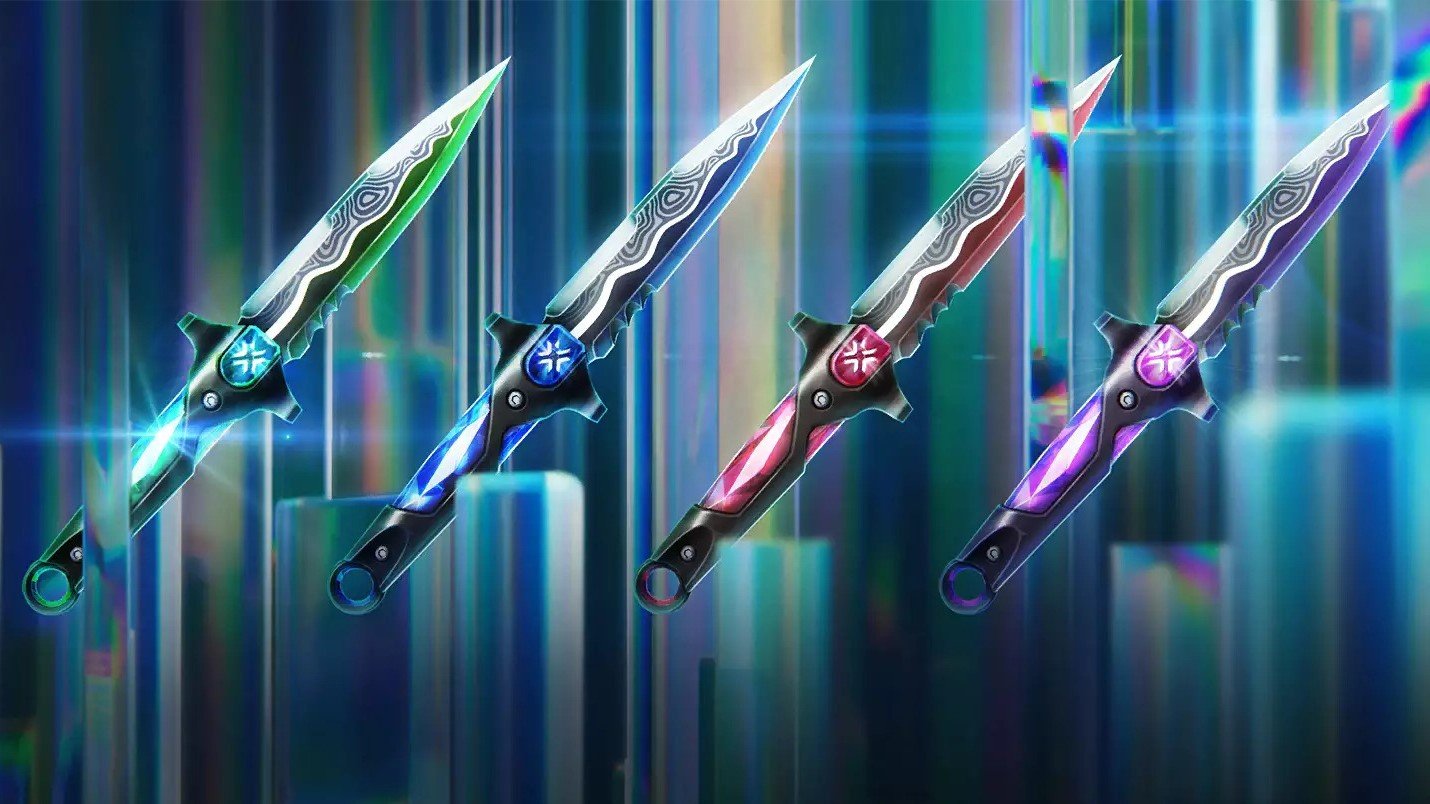
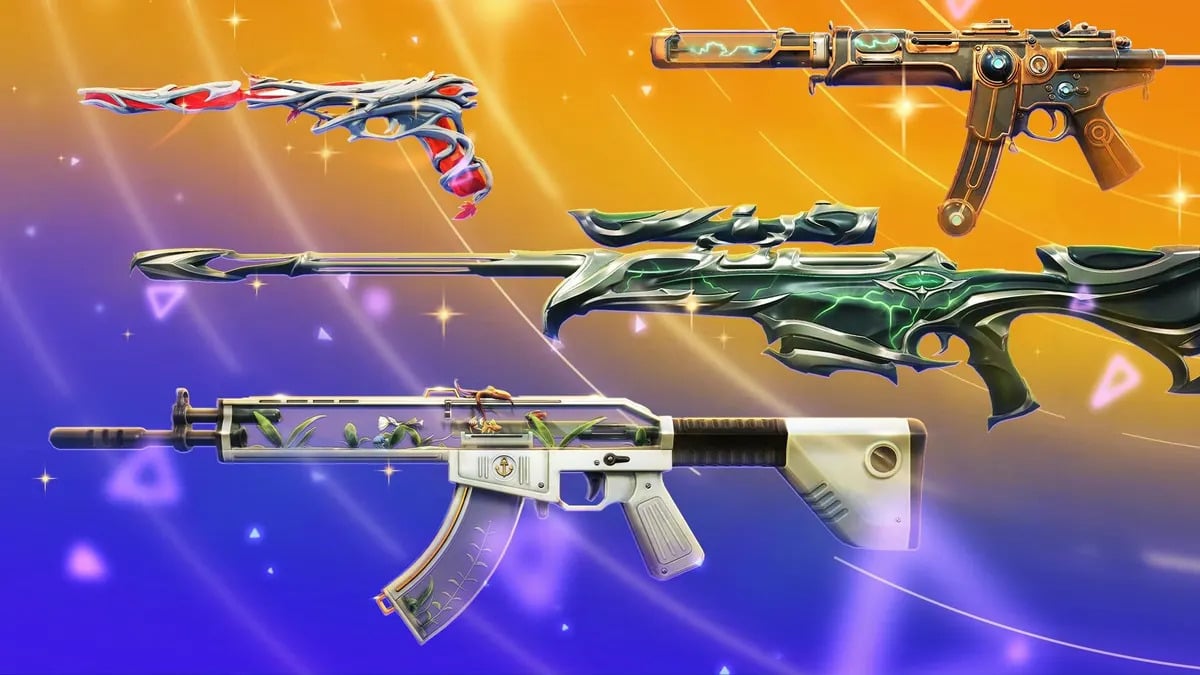
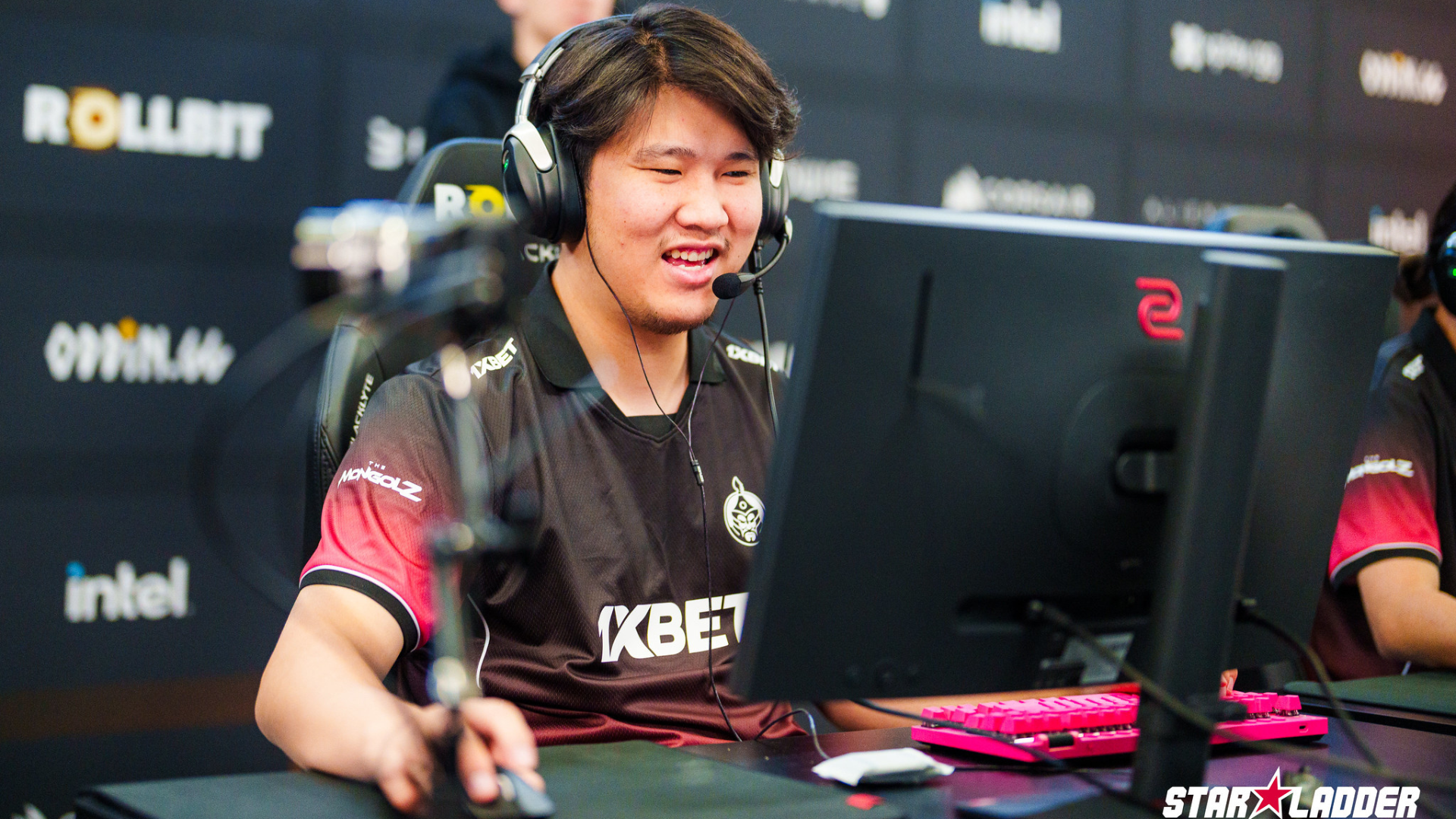
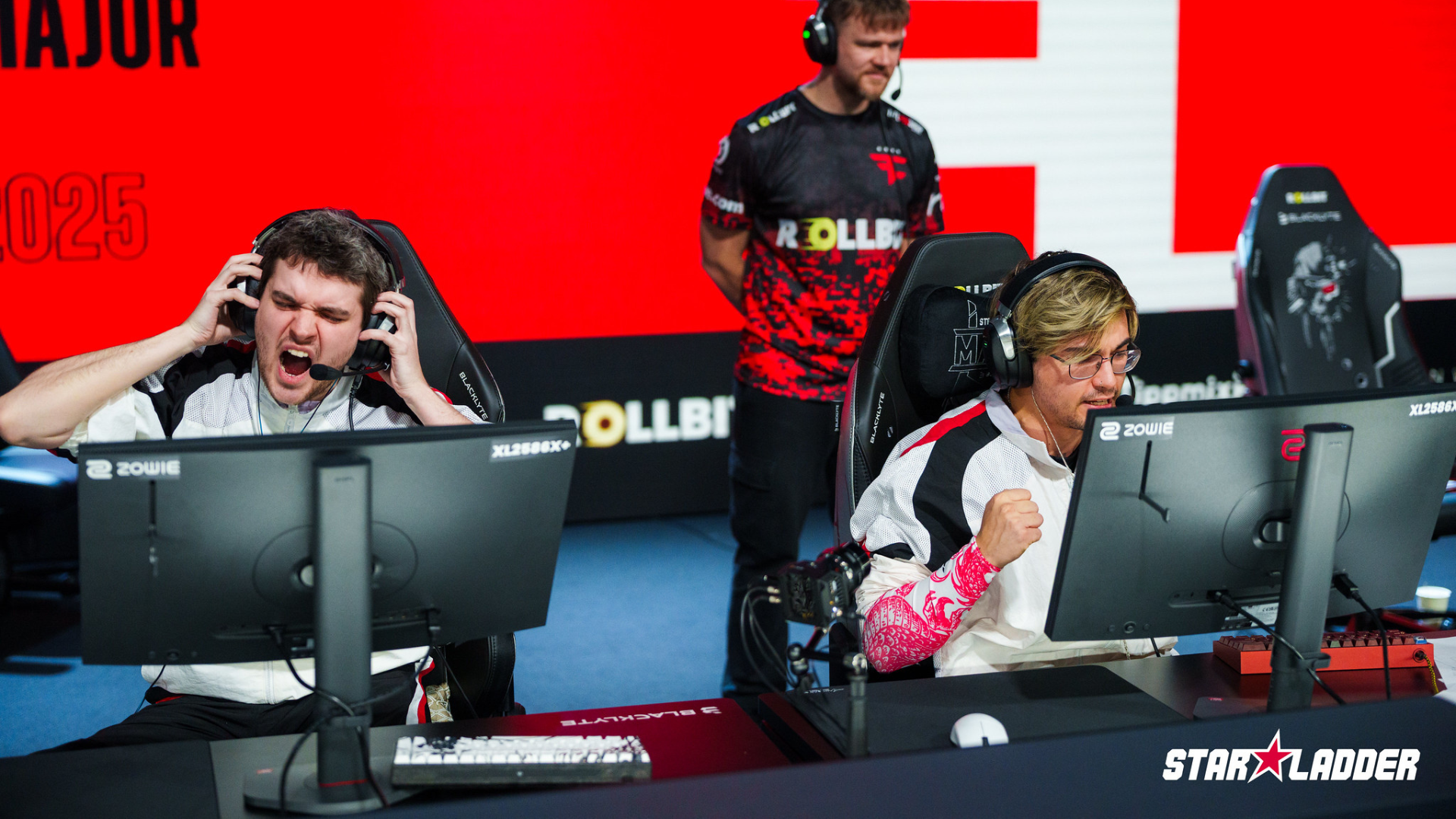
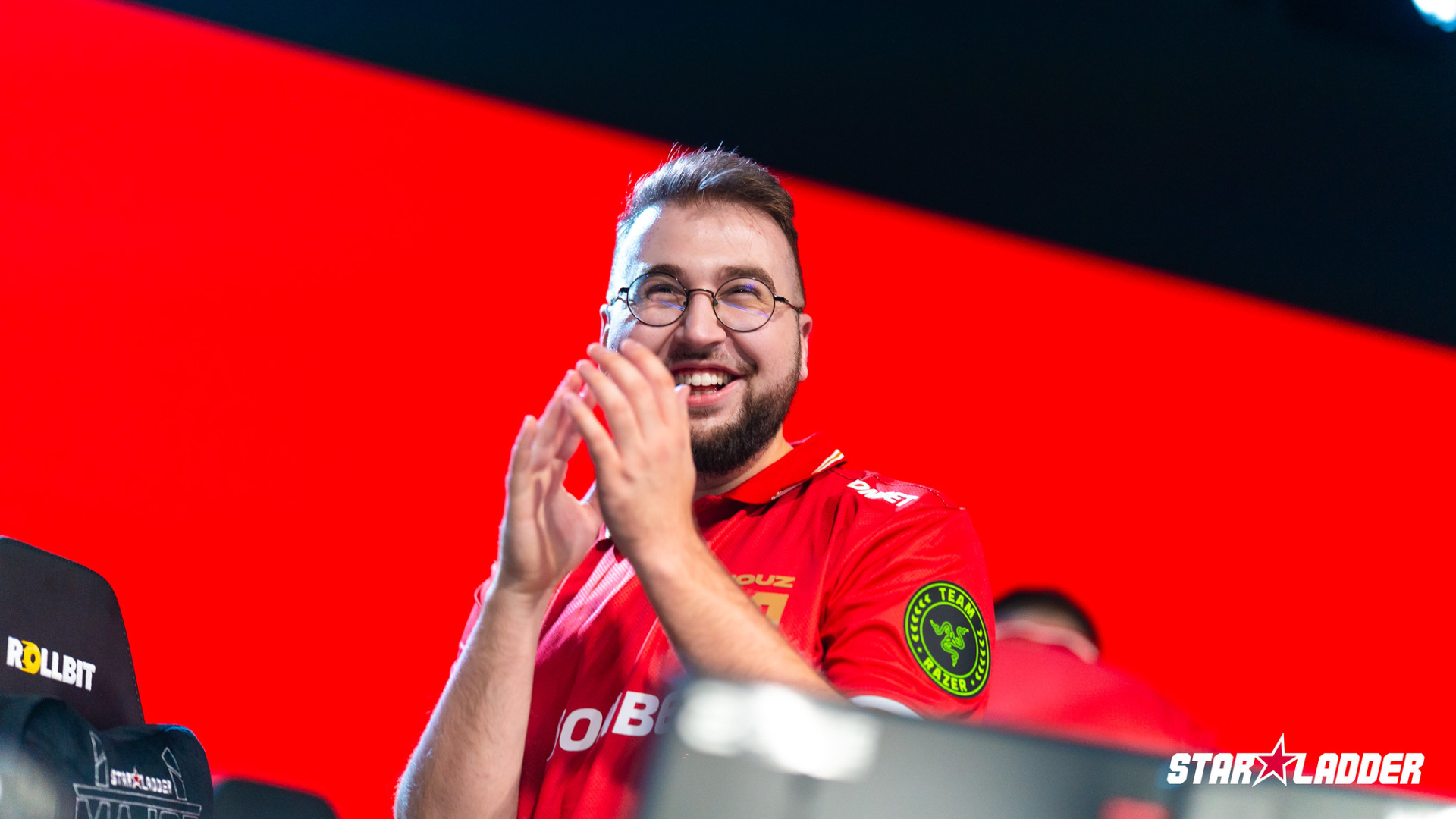
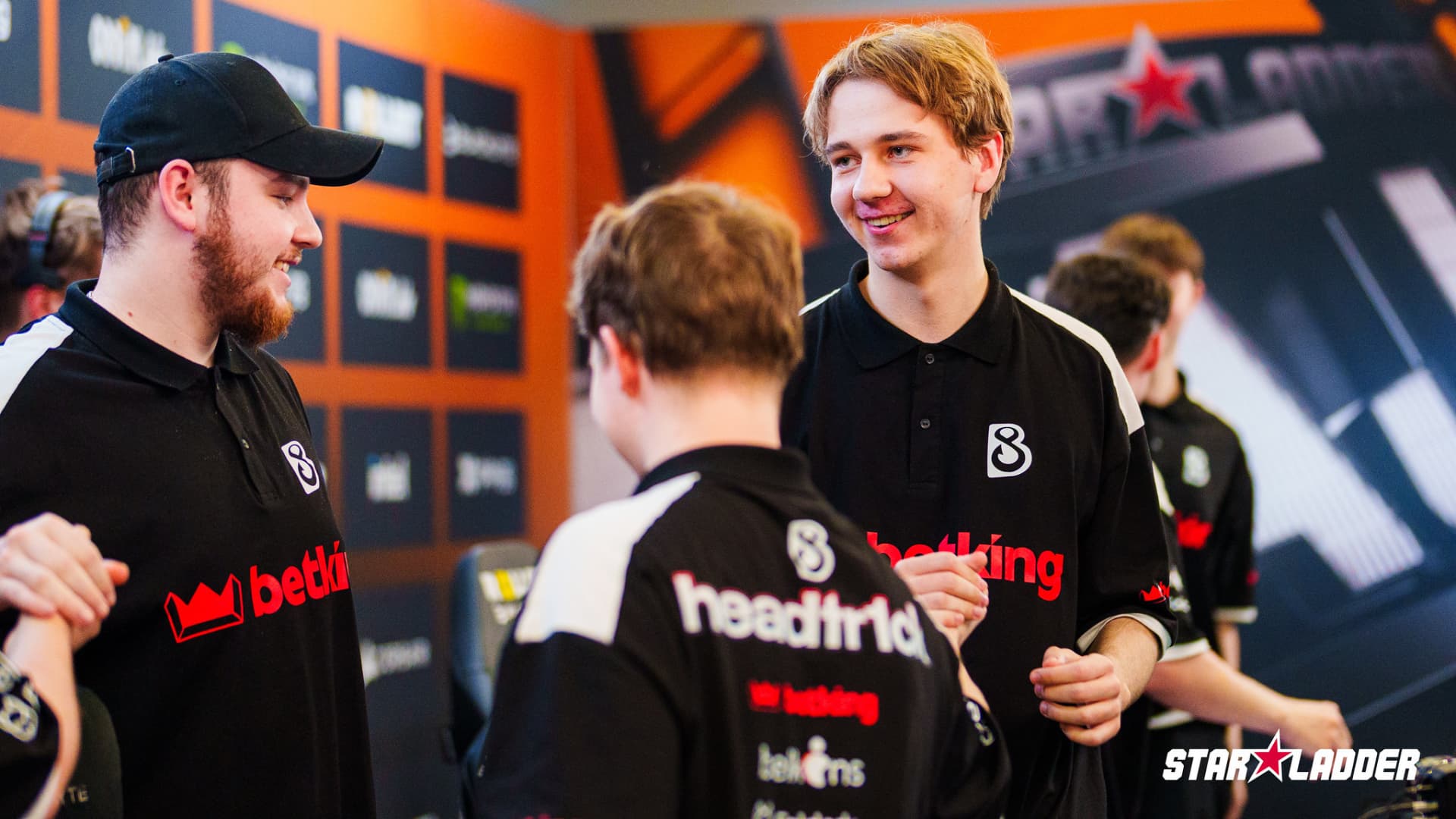
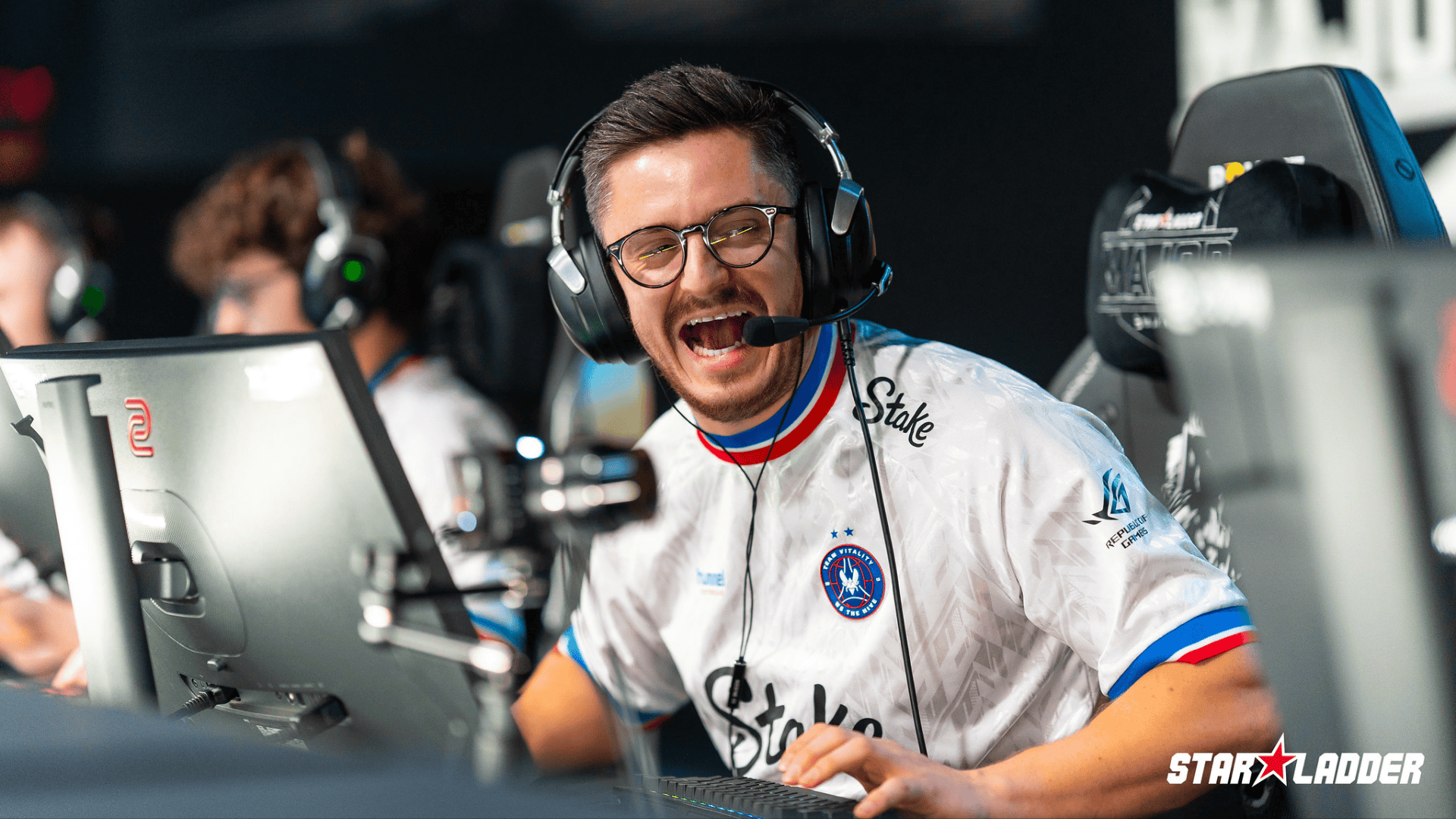
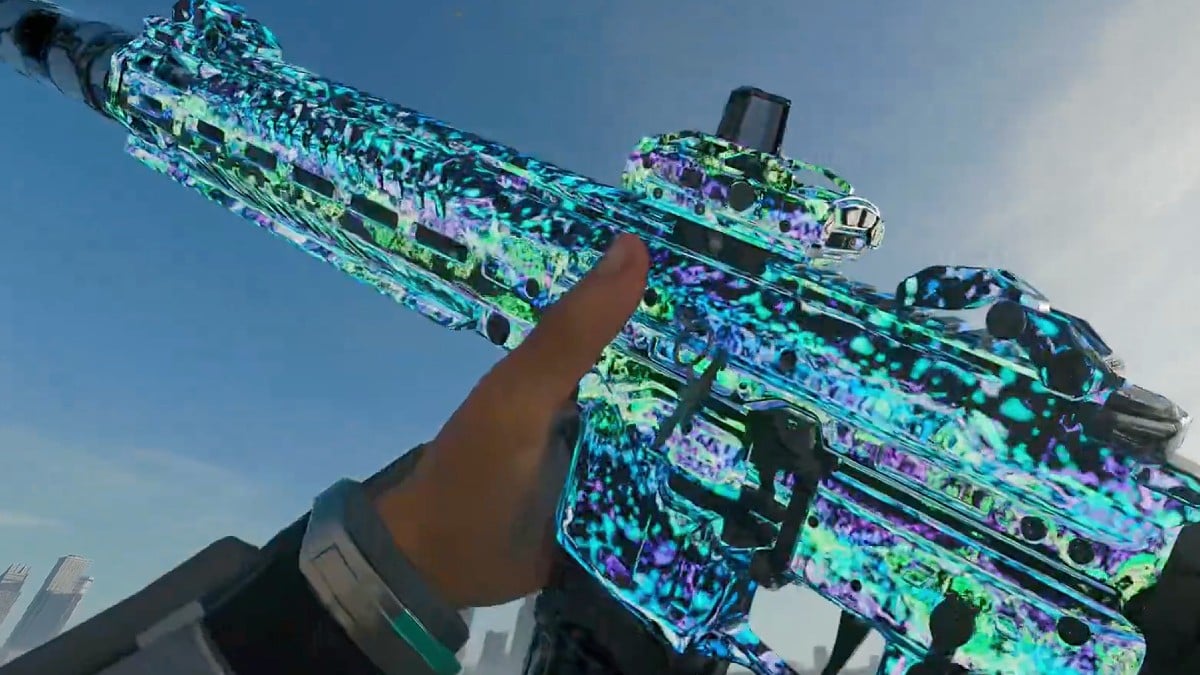

Published: Apr 3, 2017 01:44 pm